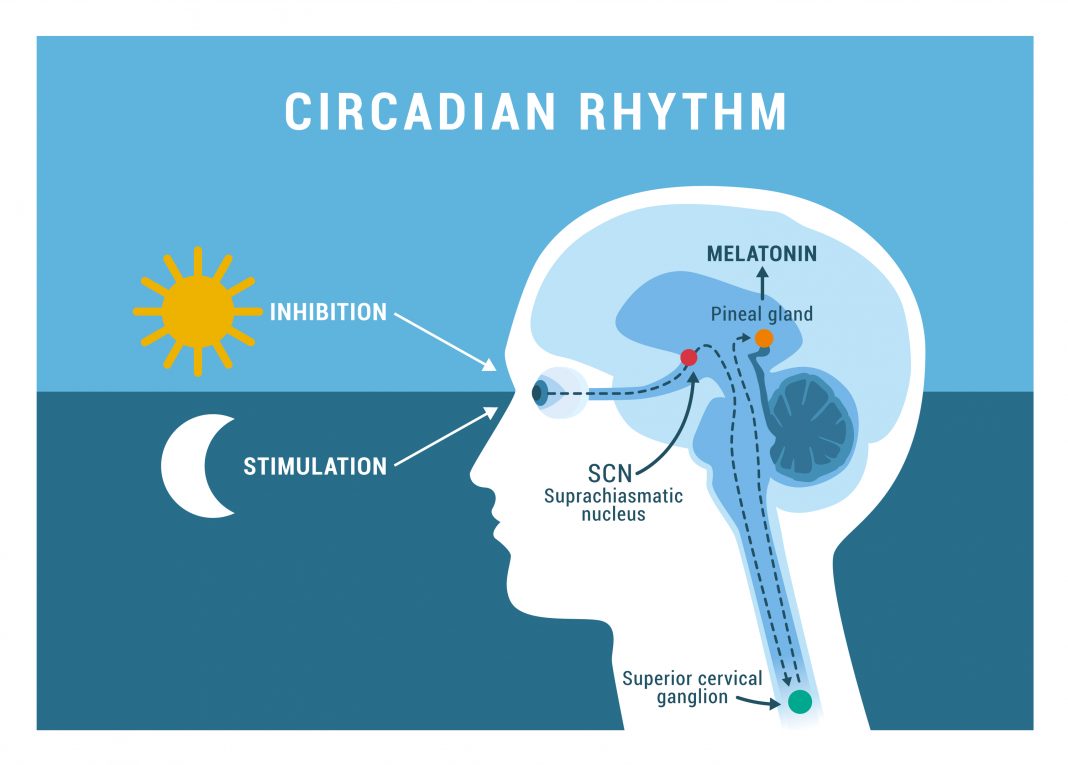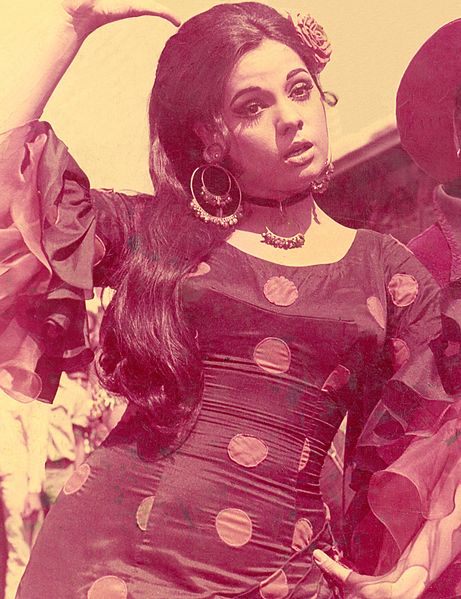Lights out for a healthy sleep
According to studies, light at night can have a significant negative impact on your health, writes Vinita Alvares Fernandes
Lets go back in time,
Did not humans sleep under the stars with the moon shinning according to its phases?
Did not humans take an afternoon nap under the shade of a tree with the sun shining brightly overhead?
So what’s with the new age studies that claim we should sleep in total darkness for deeper better sleep?
Studies show that people need exposure to sunlight during the day and darkness at night to keep the body’s circadian rhythms in tune. These circadian rhythms are our 24-hour internal body clocks that help regulate sleep, metabolism and hormone release. Hence we need to make sure that the body’s circadian rhythm always stays regulated and runs optimally. Now this was an ideal way of life for our technology-free ancestors.
Modern day humans sleep with thick curtains or black out blinds so the natural moonlight and star light are blocked and throughout the day they are exposed to all kinds of artificial light, especially blue light from glowing devices. It is proven that this artificial blue lights suppress the body’s release of the sleep hormone Melatonin. When there is a short supply of melatonin to the body we feel alert and charged up instead of the calmness needed to wind down the day.
The debate is about —
The exposure to light, which can make it difficult for your brain to achieve deeper sleep at night because as we know shallow sleep causes the brain to keep its activity going, which in turn negatively affects our health.
According to a new study published by “The Chicago Healthy Aging Study Cohort” —
Light at night can have a significant negative impact on your health; a study showed that of older adults who did sleep with a night-light —
40.7% were obese
17.8% were diabetics
73% suffered from hypertension
The study linked an association to light at night and there is evidence that light exposure during sleep can be disruptive.
Versus
What kind of light is beneficial to health if you need to use it?
– If you are scared of the dark
– If you sleep walk
– If you wake up several times a night to use the toilet
– If you have nightmares on a regular basis
Then having a night-light to let you sleep soundly outweighs the health benefit of no night-light and disturbed sleep due to fear. It really is a personal preference for your own comfort and security.
So if you need that night-light, use a red or amber light emitting night light (less bright) as it is less stimulating for the brain than white or blue light. Make sure the light is at floor level.
A bit off the path, but worth a mention, since deep sleep phases generally become shorter and shallower with age.
A new wearable device, which can enhance our sleep has been developed by the Swiss Federal Institute of Technology in Zurich. The device forms a part of a system called SleepLoop. Here is how it works —you wear it like a headband before you go to sleep and it interacts with you without you even knowing. Once you drift into deep sleep, it monitors brain activity via electrodes and a microchip. The customized software in the microchip analyses brain activity in real time and detects when your brain is producing ”slow waves” that is deep sleep. The electrodes then spring into action and activate short auditory signals (playing of specific sounds to enhance your deep sleep phase, the sounds you wont even be aware of) to synchronize the neuronal cells, thus enhancing slow waves and increasing deep sleep phases.
This happening in your bed, in the comfort of your home. A game-changer for those whose health suffers from poor sleep patterns.
FACT FILE:
- Light is the main synchroniser of the body’s circadian rhythm, so light during sleep may disrupt the physiological process of the body clock.
- The pineal gland that produces and secretes the “sleep hormone” or “the darkness hormone” Melatonin does so only in total darkness. Light reduces the melatonin’s metabolic and circulatory function. Along with its antioxidant, anti inflammatory and Vasodilatory properties.
- Lower Melatonin levels increase your risk of diabetes, especially in women.
- Light may trigger the autonomic system’s sympathetic arm, a system that controls our flight-fight responses; it commands the system to slow down due to disturbed sleep patterns.
- The Deep Sleep Phase is important not only for the regeneration of the brain but has a huge influence on the cardiovascular system.
We can safely conclude that —
If your safety outweighs the benefit of sleeping in darkness – use the night-light.
If not —
“It does not take huge amounts of night-light to have a negative effect on the body’s health. Even a tiny amount of light does have a noticeable effect on our body’s responses.”- Minjee Kim- Northwestern University Feinberg School of Medicine – Chicago
The effects of light at night on our health are real.
So now that you have seen the light, turn off the light!




